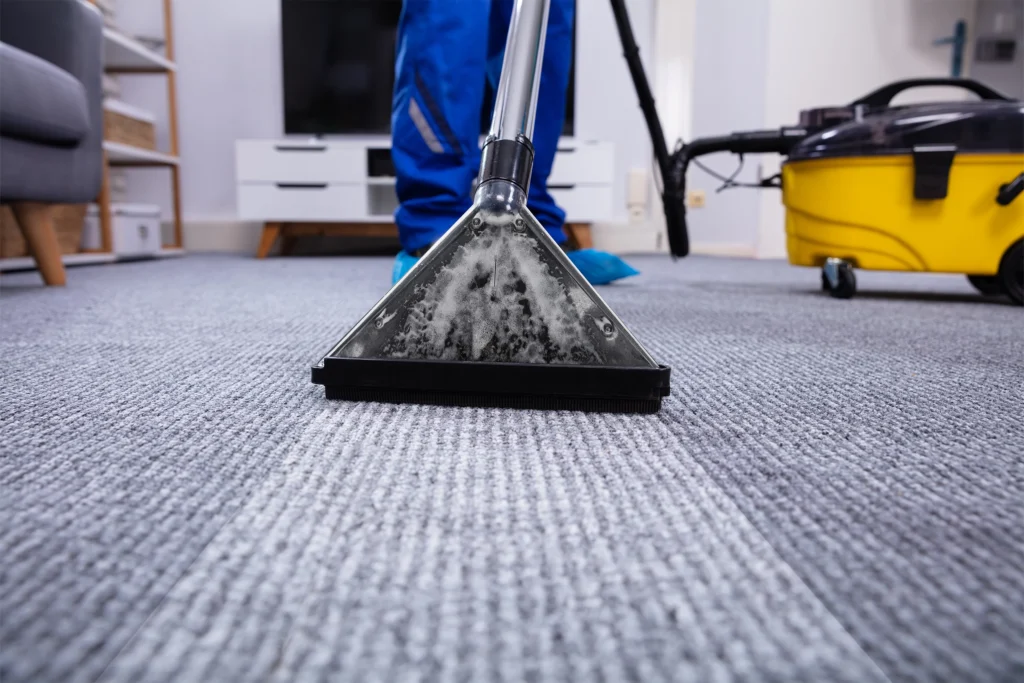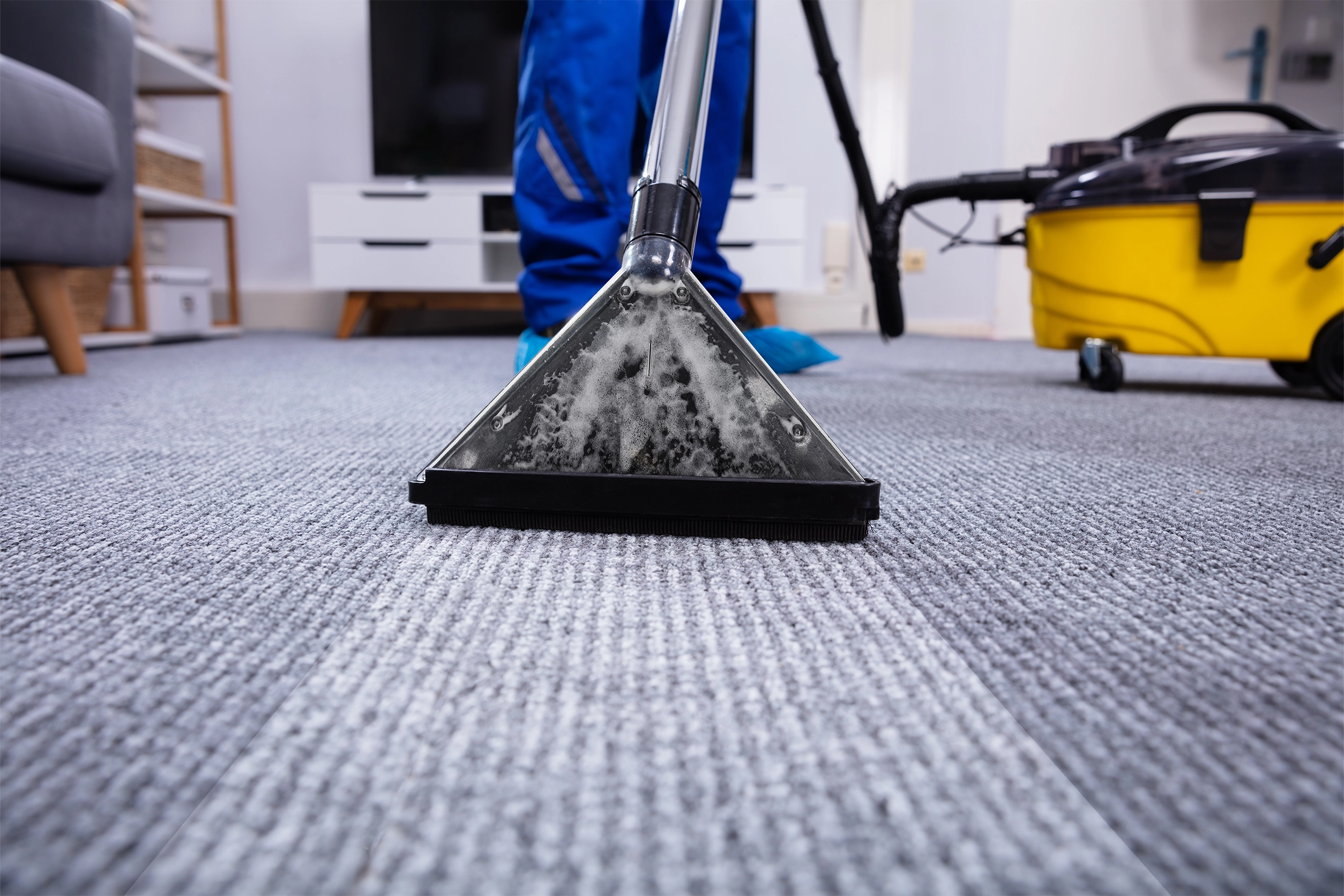Confusion always arises as to who should incur the cost of cleaning after a renter has moved out at the end of a tenancy. New Jersey, just like most states in the US, has laws and regulations that govern the responsibilities of both parties involved. To unravel this intricate debate, we are going to shed more light on some of the many factors that come into play when the issue of carpet cleaning arises. This article gives information on who carries the responsibility.
Legal Framework
During a long stay at an apartment, it may become very dusty or dirty in which case the tenant may see it fit to sweep or vacuum it occasionally. It is a common practice that a renter will not bother cleaning it when moving out. Since it must be clean when the next tenant moves in, who then incurs this cost?

Carpet cleaning is the responsibility of keeping it clean
Generally, the law governing apartment lease states that it is the responsibility of the landlord to clean it. The law however states that the owner may charge the renter for the cleaning if it is severely dirty or has damage beyond common depreciation. Unfortunately, most property owners and renters do not have a clear understanding of what constitutes damage and common wear and tear.
Damage versus Common Wear and Tear
Let us face it; it is normal for the apartment rug to get dirty during a stay. Consequently, it is prone to the normal depreciation, which may come in different forms such as fading. Common dirt and fading fall under the excusable state according to the law. For these, the property owner is responsible for the professional cleaning or replacement if need be. If for instance, your kids or pets tore the rug or left it with mud, urine or vomit, this constitutes damage. In this case, the owner is permitted under the law, to deduct the cost of cleaning the rug, from the security deposit. This insight now opens up to another factor to consider before moving into any rental house or apartment, the responsibilities of both parties.
Responsibilities of a Renter
Before moving in, the renter should always ensure that it is sparkling clean and that it is in good condition. This will help you avoid unwarranted cost at end of your stay. It is also your responsibility as a tenant to ensure that it is in good condition.
Responsibilities of the Owner
Besides taking care of repairs and maintenance, the landlord is also mandated to maintain the integrity after a tenant has moved out. They should also ensure it is in the best condition to prevent confusion in the event of damage. The owner should also draft terms of leasehold and present it to the renter, who then signs it after reading and understanding. If the tenant fails to sign, it means they are not okay with the particulars of the agreement and the process should collapse at that point.
Dispute Resolution
The renter-property owner relationship is not always a sweet one; sometimes it gets sour during the stay and can even end up in a lawsuit if disputes are not solved amicably. With both parties understanding their responsibilities and the things that the law requires of them, disputes can be avoided.
Both parties can always avoid disputes by keeping inventory where both have the purchase receipt of the carpet to determine the extent of ablation. If it had a professional cleaning, the receipt could indicate if the cost went above normal depreciation and give reasons. Another thing is photographs
because they can act as evidence of the condition and the whole house when the renter moves in. In addition to this, inspections can help both parties with evidence of the condition when moving in and when vacating the premises. Finally, terms of leasehold can help both parties have an understanding on
such grounds when moving in. Signing the agreement means both parties have come to an agreement and how such things as rug cleaning will be handled when vacating.
Whether it is the renter or the property owner who pays for the cost of cleaning, you need a professional rug cleaner. They always do a better job than a DIY project and they will be done with the task so that the next renter can move in to a clean environment soonest possible. In addition, when in disagreement as to who foots the bill, a professional cleaner can help determine the extent of normal ablation or dirt.

